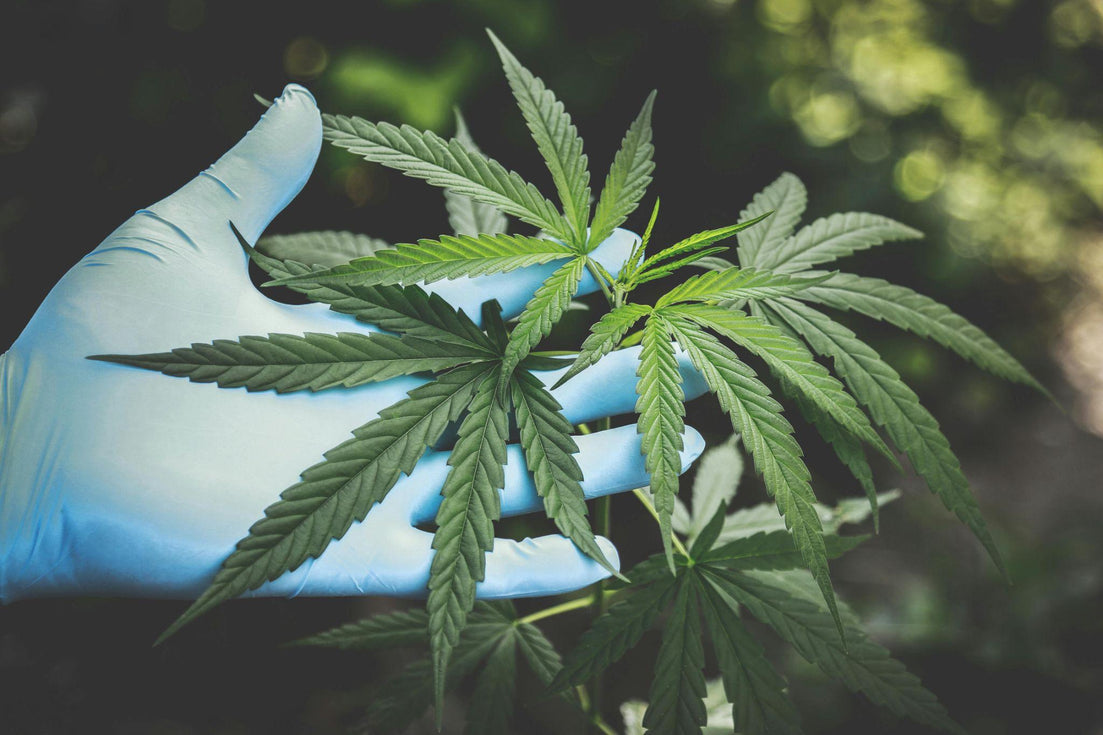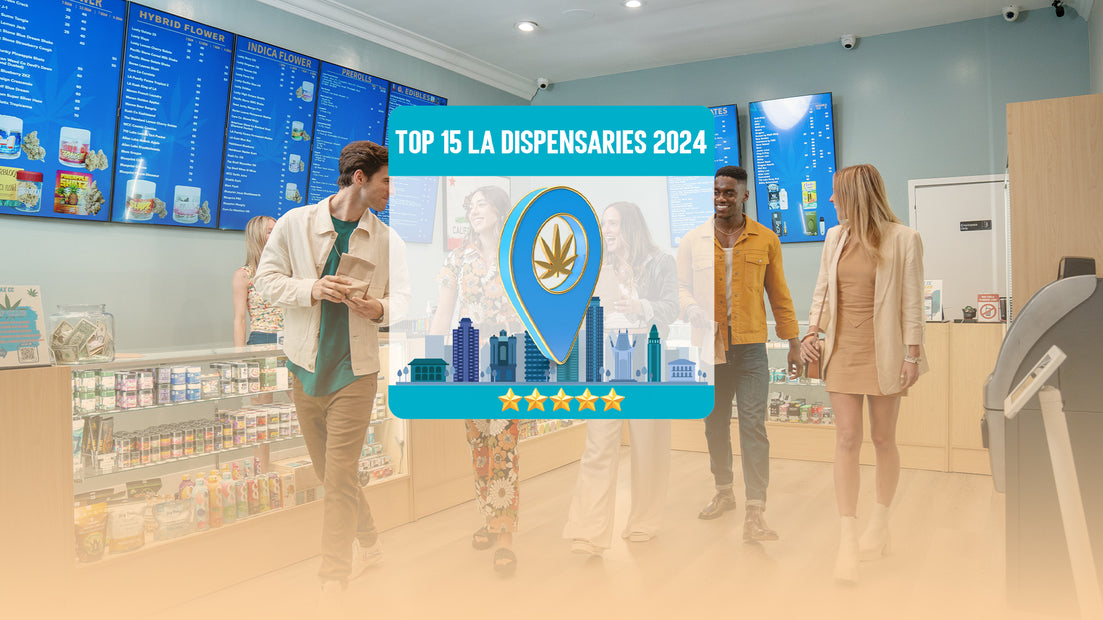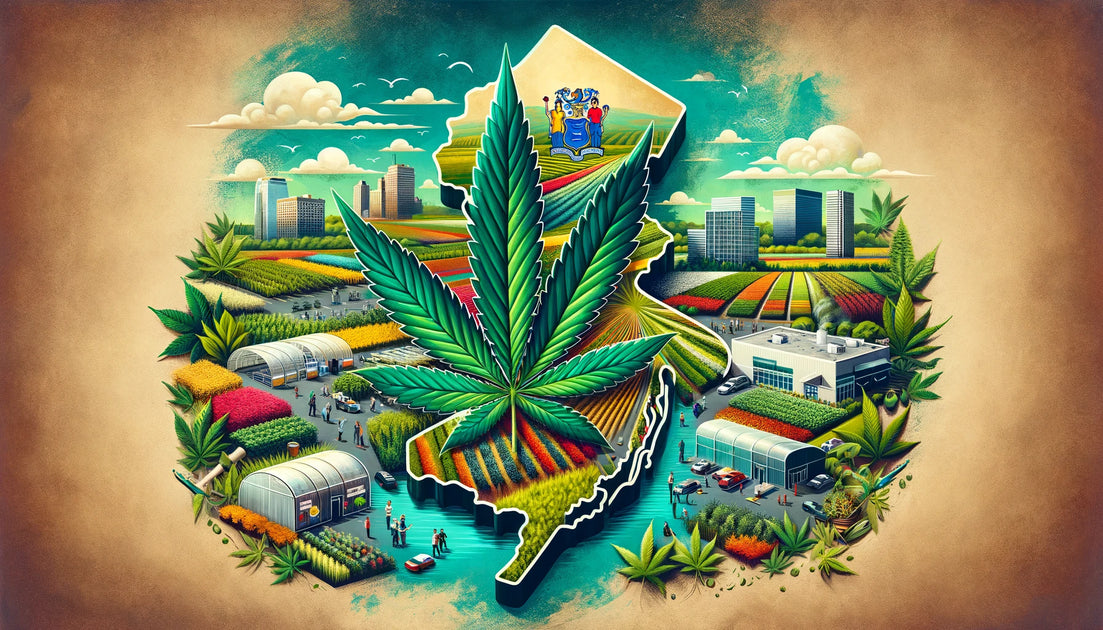Your cart is currently empty.

Understanding CBD regulations in the US is critical in ensuring that you act within the law. However, if you have been following conversations around the classification of cannabis, you may have felt confused about whether CBD (cannabidiol) is a schedule 1 or schedule 5 drug. The legalities surrounding cannabis, as well as its products, are complex, with a lot of conflicting information out there. However, it is a fact that CBD largely remains a Schedule 1 drug despite the United States Drug Enforcement Administration (DEA) rescheduling it to Schedule 5.
Scheduling of CBD before 2018
Until 2018, CBD was a Schedule 1 drug under the United States Federal government. The chemical compound found in the cannabis and hemp plants was placed in the most restrained category of controlled substances. Schedule 1 drugs are those considered highly addictive and without any medical value. CBD, as well as other cannabis products, were placed under Schedule 1 because they were considered harmful. Additionally, it wasn’t until recently that experts found the medicinal value of cannabis and its products.
Due to the discoveries, CBD regulations have been undergoing some reforms. One such reform was the changes in scheduling.
CBD regulations changes in 2018
Experts have studied CBD effects and found that the chemical compound is not harmful. Additionally, they have established the positive CBD effects on health, proving its medicinal value. As a result, DEA changed the CBD regulations and rescheduled CBD to schedule 5. This schedule is for substances that are harmless and are free for general utilization in recreation, medication, research, and business. While reconsidering CBD regulations, DEA provided conditions for weed products to be classified under Schedule 5:
- THC levels in the weed products must be 0.1% or lower.
- The FDA must have approved the weed product
So, why is CBD still a schedule 1 drug?
Cannabidiol products may fall into Schedule 1 or schedule 5 categories based on FDA approval, ingredients, and the state where you are purchasing them. If a CBD product has THC levels over 0.1% or if it has not been approved by FDA, it remains a Schedule 1 drug. Moreover, CBD regulations in various states affect the classification of cannabidiol products.
Regrettably, FDA is cautious about the cannabis products it approves. This leaves most CBD products under Schedule 1 drugs. To date, the only CBD drug that has been approved by FDA to treat epilepsy is Epidiolex. Therefore, any other cannabidiol product is a Schedule 1 drug on the Federal level.
Today, Epidiolex is a prescription drug in several states which have legalized weed and its products. However, physicians practicing in some states cannot prescribe (they can only recommend) this drug to their patients because it remains a Schedule 1 drug in those jurisdictions.
Can I still consume cannabidiol?
Yes. You can still use cannabidiol, depending on the CBD regulations in your state. Although CBD is considered a Schedule 1 drug, some states have legalized the use of recreational and medical weed. However, bear in mind that you must still follow particular CBD regulations in your states regarding its possession and use.
Final word
Now you know! Even if cannabidiol is still a Schedule 1 drug, you can still use it based on your state’s regulations. If you are above 21 and from a state where CBD is legal, please visit our shop at https://weedrepublic.com/collections/cbd to get high-quality products. You will never regret shopping from the best online cannabis dispensary!



